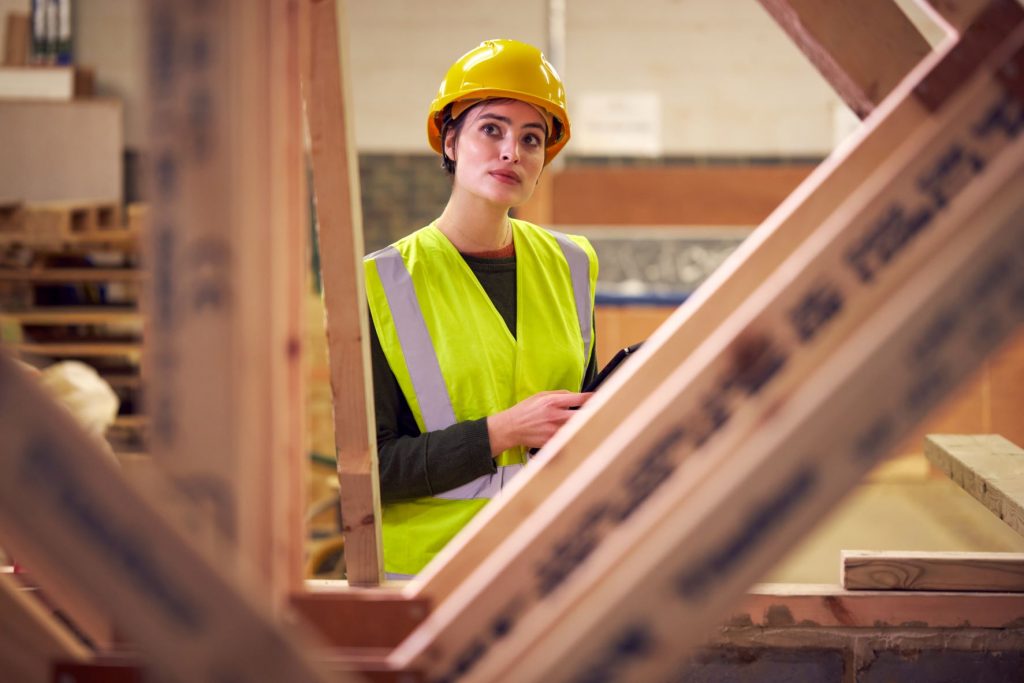If you’re considering buying a new home, there are several different types of home inspections you’ll need to consider. These include: asbestos and termite inspections, radon inspections, and wood infestations. Each of these Ck Inspections is important to get right because you don’t want to be stuck with a house that has a serious health problem.
Common home inspections for termites
If you’re planning on buying a home, it’s a good idea to conduct a thorough home inspection. You don’t want to make a purchase only to find out later that the house is infested with termites.
A good home inspector will inspect both the interior and exterior of the home. He or she will look for signs of moisture, as well as signs of damage.
Termites can cause a huge amount of damage in a short amount of time. In fact, according to the National Pest Management Association, termites cost over $5 billion in property damage each year.
However, termite damage isn’t always visible. It may be in the form of minor damage, such as a swollen floor covering or a few sunken spots on the walls.
During a home inspection, your inspector will look at the foundation of your house, the roof, the HVAC system, the plumbing, and the electrical systems. He or she will also check for signs of moisture and wood damage.
Common home inspections for wood infestations
A home inspection is a comprehensive inspection that covers the overall structure of a house. Termites, wood-destroying insects and other pests can affect a house’s structural integrity. While the presence of these insects does not necessarily mean that a home is unsound, a professional home inspector can provide an accurate diagnosis of potential issues.
Termites are the most common type of wood-destroying insect. They are “silent destroyers,” and cause billions of dollars in property damage in the United States each year. These insects are a part of a larger group that includes carpenter ants, powder post beetles, and other wood-destroying organisms.

There are a number of warning signs that could indicate that you have an infestation. For example, the presence of moisture is a common indicator of termite infestation. The presence of small collections of insects droppings is another. You may also see gnawing marks on furniture.
During a home inspection, the inspector will check for any evidence of past infestations, as well as conditions that are conducive to an infestation. This can include exposed timber, foliage and plant growth near the home, and other types of damage.
Common home inspections for asbestos
A home inspection is a great way to find out if a house is asbestos free. Asbestos can be dangerous to human health, and it’s a good idea to know whether or not you’re exposed to it.
The good news is that most homes are safe from asbestos. However, if the material is damaged, there’s a good chance it may release asbestos fibers into the air. If this is the case, you’ll want to hire a professional to remove it.
Asbestos was used in hundreds of building supplies until the late 1970s. It provided excellent insulation and acted as a fire retardant.
There are several different types of materials that can contain asbestos. Some of the common ones include vinyl floor tiles, popcorn ceilings, and textured paint.
While you don’t necessarily have to go out and hire a professional to conduct an asbestos inspection, it’s a good idea to do so before you make a purchase. This will help you make an informed decision and avoid a costly headache.
Common home inspections for radon
Radon is a radioactive gas that is released from the ground. It can also leach into your home through cracks in concrete or through well water. Luckily, there are ways to reduce radon levels.
The Environmental Protection Agency recommends testing all homes. If the results indicate that there is a risk of radon, you can install mitigation measures to protect your family.
You can get a radon test kit from your local hardware store. These kits are inexpensive and easy to use. Just place the test kit in your house and wait a few days to see if the levels of radon rise.
You should also get a professional home inspector to perform the radon test. They can help you understand the optimal conditions for a radon test and can explain the results. A qualified inspector will also provide you with recommendations on anti-interference testing.
Radon is a health concern and can affect the lung tissue of smokers and non-smokers. Long-term exposure to radon increases the risk of lung cancer.




